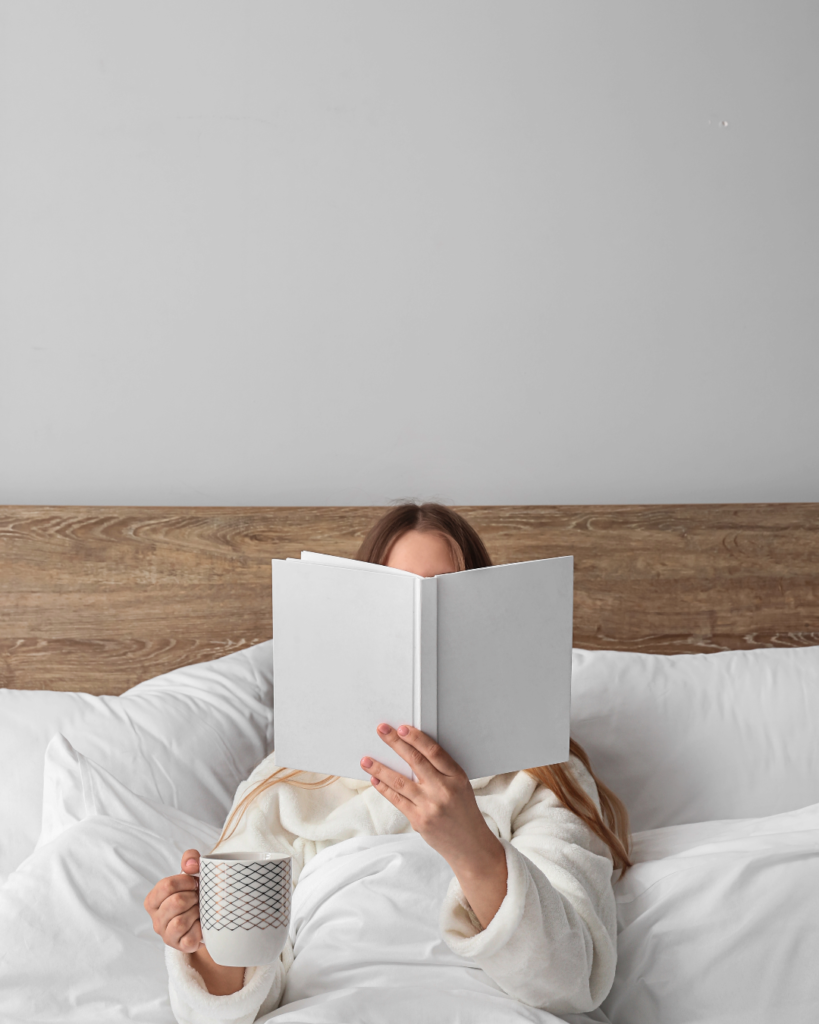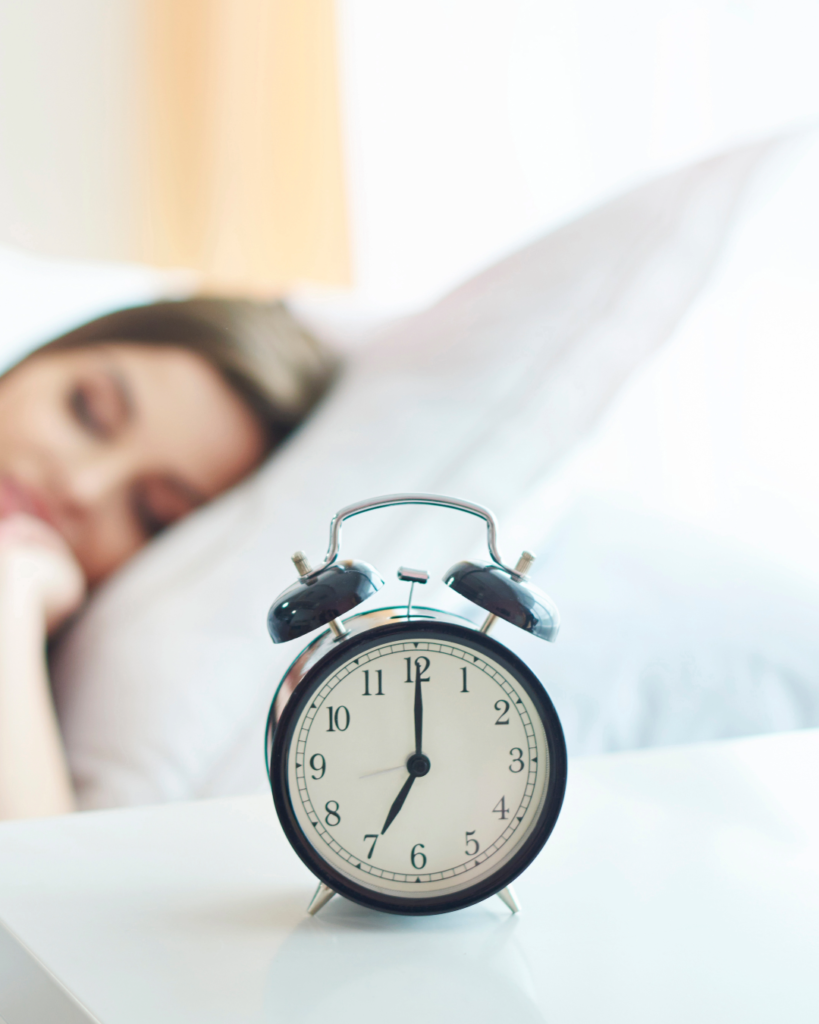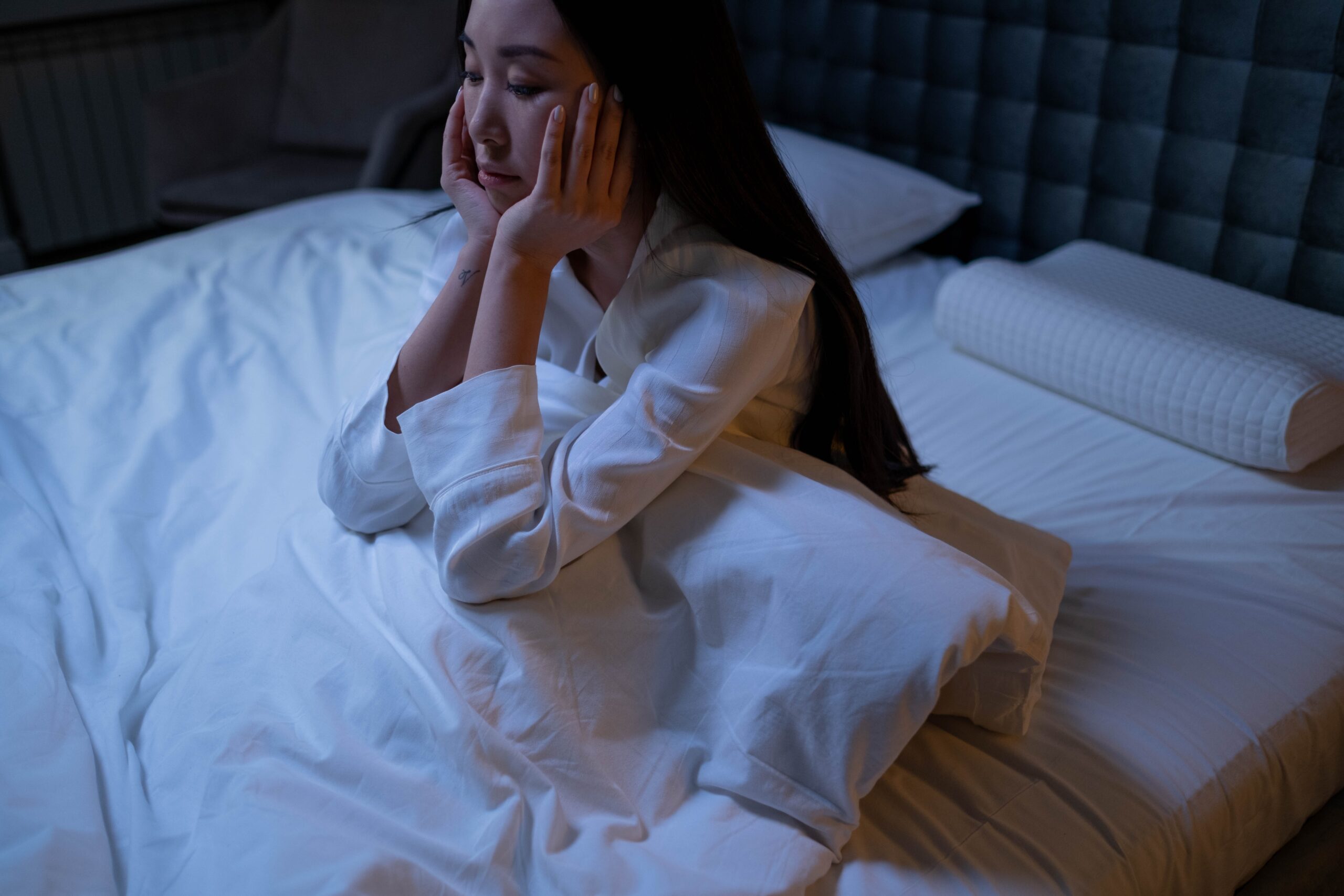Nearly a third of all adults suffer insomnia in some form, and as a global health consultancy, we all too often see the results affecting everyday well-being. Insomnia can wreak havoc on our physical and mental well-being, leaving us exhausted and drained. In this blog post, we will dive into the world of insomnia, exploring its causes, impacts, and effective strategies to overcome it. Discover the importance of restful sleep, understand the factors that contribute to insomnia, and gain valuable insights on how to reclaim your nights and wake up refreshed.
Defining Insomnia
Insomnia is a sleep disorder characterised by difficulty falling asleep, staying asleep, or experiencing non-refreshing sleep, despite having the opportunity for sleep. It can be transient (short-term) or chronic (long-term). It leaves people feeling fatigued, irritable, and unable to focus on work or social gatherings. Insomnia can be caused by various factors, including stress, anxiety, depression, medical conditions, medications, lifestyle choices, and environmental factors. A recent study is even pointing at dehydration as a cause; in the study, authors found that participants who reported sleeping only six hours per night were more likely to show signs of inadequate hydration than those who reported sleeping eight hours per night. Recognising all the different triggers is essential for effective management of insomnia, particularly since sleep deprivation has far-reaching effects on physical health, mental well-being, and overall quality of life. It can lead to mood disturbances, impaired cognitive function, increased risk of chronic diseases (e.g., heart disease, diabetes), and decreased productivity.
Building A Foundation For Restful Nights
Establishing healthy bedtime routines is a key step in sleeping better, and this habit often goes back to childhood. Creating a consistent bedtime routine can signal to your body that it’s time to sleep. Activities like reading, gentle stretching, or taking a warm bath can help prepare you for sleep. A sleep-conducive environment is crucial. Ensure your bedroom is dark, quiet, and at a comfortable temperature. Investing in a comfortable mattress and pillows can also make a significant difference. In today’s highly digital world, there is no question that technology is playing a role in increased insomnia.

Technology, especially screens from smartphones, tablets, or TVs, emits blue light that can interfere with your body’s production of melatonin, a hormone that regulates sleep. Limiting screen time before bedtime can improve sleep quality. Relaxation exercises, such as progressive muscle relaxation, deep breathing, or meditation can help calm your mind and reduce stress, making it easier to fall asleep. Something as simple as closing your eyes and picturing yourself in a lovely garden or another place where you feel serene can help you fall asleep.
Natural Remedies And Sleep Aids
Some people find relief from insomnia symptoms using herbal remedies like valerian root, chamomile, or lavender. However, it’s important to consult a healthcare provider before using any supplements, as they may interact with medications or have side effects. Over-the-counter (OTC) sleep aids, such as antihistamines, are available but should be used sparingly and under the guidance of a healthcare professional, as they may lead to dependency and other side effects.
Lifestyle Changes for Better Sleep
As global health experts, we can’t emphasise enough the fact that a balanced diet and regular physical activity contribute to overall health and can positively impact sleep quality. Avoid heavy meals close to bedtime and limit caffeine and alcohol intake, especially in the evening. Daily routine is important too. Going to bed and waking up at the same times every day, even on weekends, helps regulate your body’s internal clock, making it easier to fall asleep and wake up naturally.

Techniques such as yoga, tai chi, or mindfulness meditation can reduce stress and anxiety, improving sleep quality over time, so it is worthwhile working these things into your daily life.
Remember that addressing chronic insomnia may require the guidance of a healthcare professional, such as a sleep specialist or therapist. They can help determine the underlying causes of your insomnia and recommend appropriate treatments, which may include cognitive-behavioural therapy for insomnia (CBT-I), prescription medications, or other interventions tailored to your specific needs. It’s essential to prioritise sleep as part of your overall well-being. Healthy sleep habits and lifestyle changes can significantly improve your chances of achieving restful nights and better overall health.
DISCLAIMER:
Please note, all content provided is for informational purposes, and is believed to be accurate and current at the time of posting. It should not, at any time, be used in place of appropriate professional or expert advice.



